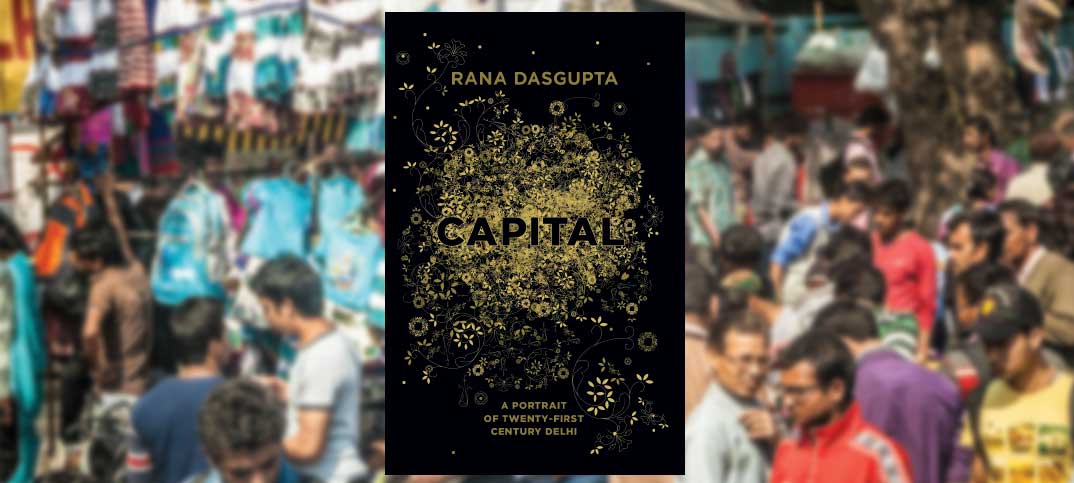Independent traders in the modern convenience channel face a bewildering array of partnership choices. As south Asian retailers have risen to prominence so their values shape how these partnerships are realised. But what exactly are their values?
Some ideas on this are contained in Rana Dasgupta’s Capital, a book that explains how modern India works in Delhi, its capital city, through a mix of reportage and partially fictionalised accounts of life there.
Early on we meet Rakesh, a successful manufacturer who is anchored in the merchant tradition of his family. Dasgupta explains that for north Indian families, trade became more than a means of making a living. It became an ethos.
These merchants operated in networks that extended from the middle East and Africa to China. They traded goods with people who spoke different languages, practised different religions and led different lives. Merchants couldn’t pay up front for goods so there was a credit issue at every link in the chain.
As a result, traders found ways to broaden commercial relationships into other forms of interdependence to make double crossing difficult or impossible. They would bind each other with gifts, favours and hospitality. The “pursuit of friendship and social life was never entirely separate from the project of cementing the relationships necessary for commerce.”
Today this ethos has been modified but not replaced, Dasgupta writes. Business people found inspiration in Japanese corporations that “worked according to small-scale principles of hospitality and loyalty that Delhi businessmen could understand and respect”. American corporations, for all their dynamism, seemed “distastefully distant and ungenerous at the personal level.”
“If Indian business can seem like a bewildering mesh of personal connections and nepotism, this is in part a legacy of once-august traditions of transnational commerce which…still give form to the business culture.”
While Dasgupta’s book is about another continent, a similar culture until recently existed between traders and suppliers in the UK news and convenience channel. Older retailers talk about it all the time. They recall how they would strike local deals with local distributors and together they would offer manufacturers a robust and profitable route to market.
This has changed for two reasons. One is the success of supermarkets, who told big brands that more of their target customers were visiting their stores. Their channel was bigger and simpler to use. But today as supermarkets move ex-growth it is also very expensive.
The other was that as more data was used by big corporations, there seemed less room for personal relationships. Today trade marketers are working in a world of “zero-based budgets” when every penny needs to be accounted for. This is a world with little in common with the “bewildering mesh”.
However, the trade may be on a point of rebalancing. The rise of social media means markets are fragmenting. As more information is available to more people, markets become more local.
And that means an ethos like that described by Dasgupta will become more important to the trade in developing networks of success. Some of this will be provided by symbol groups, who create the “commercial family” within which retailers operate. But as they grow bigger, expect networks to develop within them too





Comments
This article doesn't have any comments yet, be the first!